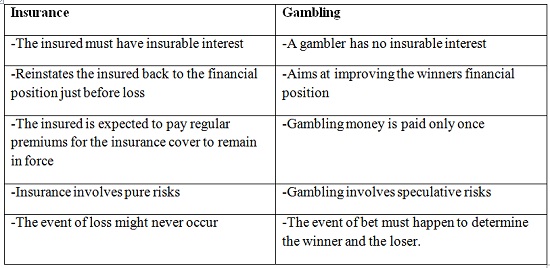This type of insurance covers property damage or loss caused by accidental fire. Cover is offered to domestic commercial and industrial premises, plant and machinery, equipment, furniture fittings stock e.t.c
In order to claim for compensation as a result of loss by fire, the following conditions must be fulfilled; fire must be accidental, it must be the immediate cause of loss, and there must be actual fire.
There are several types of types of fire insurance policies as follows;
- Consequential loss policy; (profit interruption policy) -This covers or compensates the insured for the loss of profit suffered when business operations have. It is offered to protect future earnings of an enterprise after fire damage.
- Sprinkler leakage policy- This provides cover against loss or damage caused to goods or premises by accidental leakages from fire fighting sprinklers.
- Fire and Related perils policy- This covers buildings which include factories, warehouses, shops, offices and their contents. The policy does not cover loss of profit arising from fire damage.
